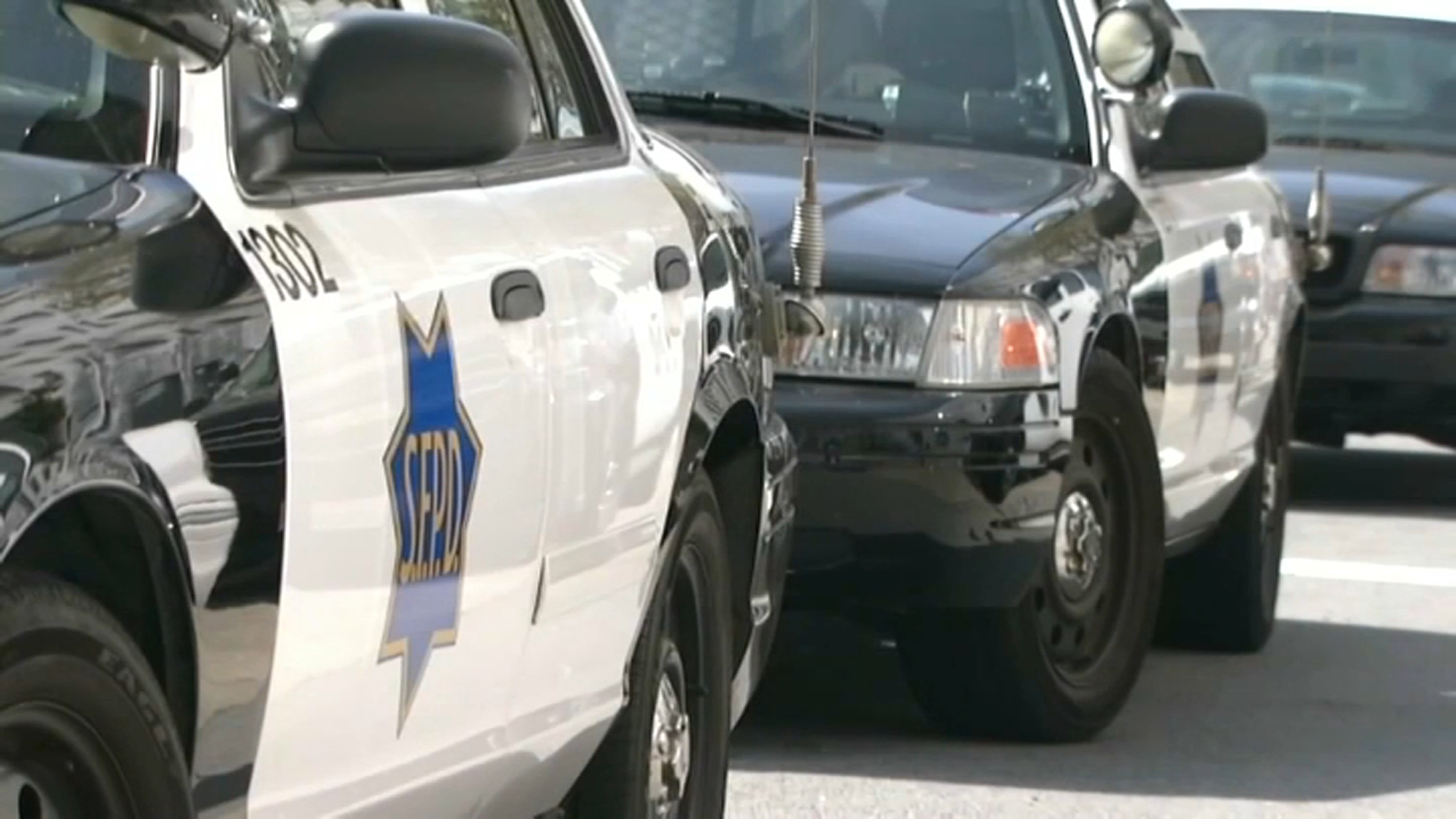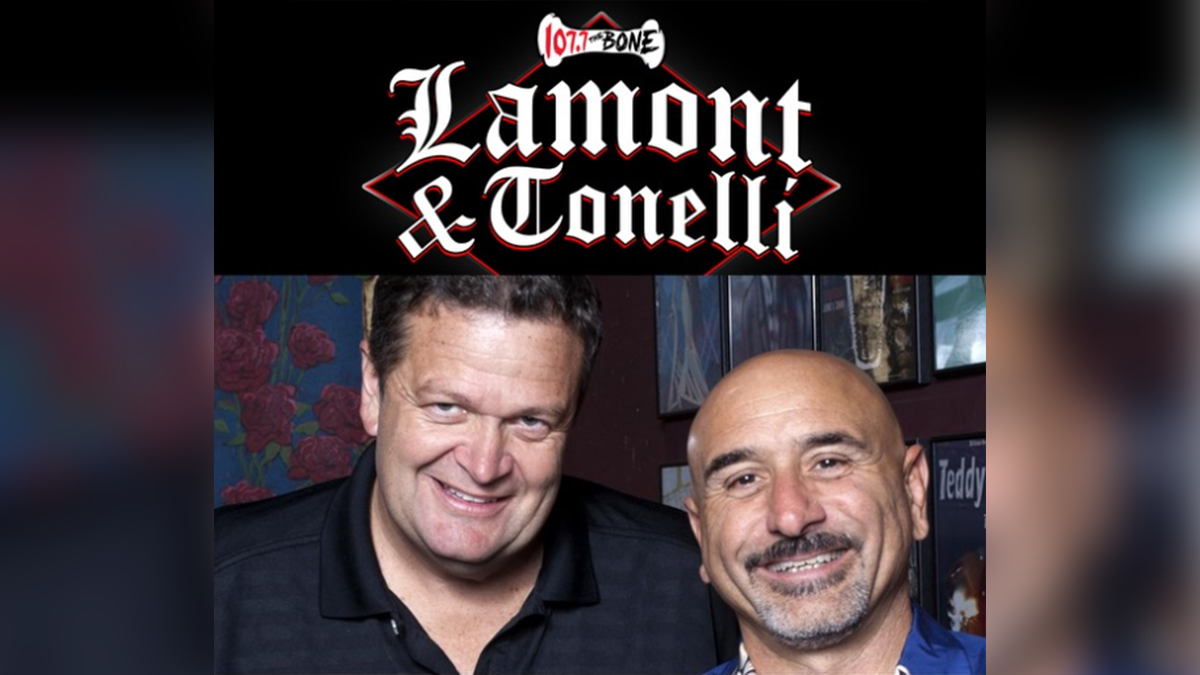Lara Price never considered she was a part of history—that her childhood was newsworthy. Her earliest memories were painted for her, a portrait of which the colors have shifted over her four decades. She doesn’t know her birth name or even the actual date of her birthday.
“You’re kind of living through someone else’s eyes,” Price said, “so it’s surreal.”
Price was taken-in by an American family after being flown out of Vietnam in April of 1975 in what was called Operation Babylift. As Saigon fell, signaling the end of the Vietnam War, President Gerald Ford authorized $2 million to evacuate orphaned children, mainly from Saigon, to the U.S. for adoption. Thousands of babies and young children were flown by transport planes to locations in the U.S., including San Francisco’s Presidio where 1500 children were sheltered on mattresses in the vast and nondescript Harmon Hall.
“Basically what you see after we had it all set up,” said Vietnam veteran and Babylift volunteer Lonnie Weissman, “was rows and rows of mattresses with babies on them.”
Among those babies, acclimating to their new country, was two-week old Price.
“So when you see those pictures and there’s a baby in a box, I was one of those,” Price said.
The operation was controversial--some questioned whether the babies were truly orphans--whether they’d merely become separated from their families during the war and were now being taken to another country. Some believed mothers trying to give their children a life outside a war-torn country, offered-up their children for the evacuations. Price doesn’t harbor those sort of regrets.
“I always wondered what my life would be if I wasn’t brought over here,” Price said. “And it usually didn’t look that great.”
Price grew up in a military family—her adopted father was an airman in the Vietnam war, so they moved around a lot. In 1997, she moved back to the Bay Area and launched a career as a professional singer.
“I don’t think I would be living my dream making money as a musician if I was living in Vietnam,” she said.
Local
Although Price’s path toward music was clear from her childhood, the stories of her origins are still murky. She initially was told she was aboard an early Babylift military C-5 transport plane that crashed, killing many babies and volunteers. Price grew-up believing she was a crash survivor, learning only three years ago through a nun who had encountered her, she wasn’t aboard the plane after all.
“That was part of my identity,” Price said. “I found out I wasn’t.”
Price also learned she might not actually be Vietnamese, but possibly Cambodian. She planned to take a DNA test this week--hoping to learn her true nationality and possibly even find lost relatives.
As the 40th anniversary of Babylift arrived, Price gathered with other adoptees this week in the Presidio, for the opening of a new exhibit marking the Babylift anniversary. It was one of the few places where the peculiar story of her early childhood wasn’t strange at all.
She joined other adoptees and former Babylift volunteers swapping stories, and details others could only read about. As she scanned the exhibit, taking in memorabilia and newspaper headlines from the ten-day operation, it seemed to sink in—this was a page of history—and she was a part of it.



